The Agronomy Department offers graduate-level coursework in a wide variety of disciplines, including forage production. Students in the department are typically assigned a specific advisor and form a committee to guide their studies. Committee members must meet the Graduate School's policy regarding the composition of the committee, which encourages continuity in committee membership. The requirements for this degree vary between departments.
Candidates are admitted to the doctoral program based on their performance in the preliminary/oral examination. A personal interview may also be required before admission. Entrance exams are a rigorous two-part process. However, students with a background in agronomy or biology studies can easily complete the coursework required for admission. Regardless of the method of admission, the program is designed to prepare students for leadership positions in academia or industry.
The Doctor of Philosophy program is designed to prepare graduates for leadership positions in academia and in-plant production systems. The course includes intensive courses in the discipline as well as high-impact learning experiences. Graduates are prepared to work in universities or private sector research laboratories and solve pressing human agriculture challenges. It is important to note that this program is very competitive. This is a unique graduate-level program, which is highly regarded by employers.
Ph.D. in Agronomy (forage Production) Eligibility
Candidates who want to take admission in Ph.D. must have a post-graduate degree in Agronomy (forage Production) and its relevant discipline with at least 55% marks from a recognized university and must have passed the national level entrance examination or university level entrance examination. National level entrance exams like UGC NET / UGC CSIR NET / GATE / SLET or University entrance exams consist of written tests and personal interviews.
The Benefits of a Ph.D. in Agronomy in Forage Production
Obtaining a Ph.D. in Agronomy can be very advantageous for forage farmers and other industry professionals. The program is offered at various institutions worldwide. A Ph.D. degree is a good investment for a sustainable future. The benefits are numerous and you may even be surprised by what you can achieve by earning it. The following are just some of them.
The training you receive will help you make the best use of forage. Graduates are qualified to apply their knowledge in research. Agronomists can conduct research in the fields of animal nutrition, forage production, and plant genetics. Forage scientists can help farmers improve productivity and profit from their forage crops. They can also be involved in international agricultural projects that help the local economy and environment.
A Ph.D. in Agronomy can be a good career choice for forage farmers and scientists. The program prepares graduates for leadership positions in agronomy and forages science. The education and experience you gain will prepare you for the challenges that face the industry. You can take advantage of a career in your field with a doctorate degree in Agronomy.
The Career and Job Opportunities of a Ph.D. in Forage Agronomy
In addition to the career opportunities mentioned above, one of the best ways to pursue a Ph.D. in forage agronomy is through teaching. College teachers and professors provide training to future farmers. In addition, they conduct research and teach students about the science of forage production. To teach at the college level, agricultural majors need to apply for a teaching certificate from the state. To conduct university-level research, a Ph.D. is necessary. There are also numerous mentoring groups, which are particularly beneficial to students of forage agronomy.
After graduation, graduates can choose to work in food science or agribusiness. Agro businesses that produce meat and poultry need food scientists, inspectors, and farmers. Agricultural service organizations need people who understand the science and technology behind forage production. If you are interested in working in the agriculture industry, you can apply for jobs in the seed industry. Agronomists also need workers who can help in the food processing and distribution of crops. Regardless of where you want to work, you can pursue a career in this field.
The field of agronomy is growing in importance as the global population grows. Graduates of forage agronomy are prepared to meet the challenges of feeding a growing world population. With an education in agronomy, you can learn the science of plants and manage the production environment in a cost-effective manner.
The Future Scope of Ph.D. in Agronomy in Forage Production
Besides the fundamentals of agriculture, the doctorate will also cover the use of advanced technologies and innovative methods for forage production. It will focus on the production and management of forages, including the development and implementation of new cropping systems and the evaluation of breeding materials for forage quality. It will also provide new insights into elevated carbon dioxide and environmental factors that affect forage crops. This program will require students to conduct original research and will have comprehensive training in investigative methods from the faculty.
A Ph.D. in agronomy in forage production will require a minor in a different department. The student may complete the minor requirements in one department, or in two or more departments. The specific course work required for the minor is determined by the student's previous undergraduate or graduate course work and approved by their supervisory committee. Most students choose option A over option B and take courses based on their advisor's recommendations.
If an agronomist is interested in forage production, a Ph.D. degree in agronomy is a good choice for the field. The doctorate degree focuses on original research and training students in investigative techniques. It is important to note that this degree does not guarantee employment. Therefore, it is vital to earning a bachelor's degree in agronomy and an M.Sc in agronomy before pursuing a Ph.D.
Ph.D. Research Programme duration
The Ph.D. in Agronomy (forage Production) course is a minimum of 3 years and a maximum of 5 min duration. This depends on the university offering the course.
Fees for research program for Agronomy (forage Production)
The average fee for Ph.D. in Agronomy (forage Production) degree is between INR 50000 and INR 500000.
 5 Years
5 Years
 PhD
PhD
 Research
Research







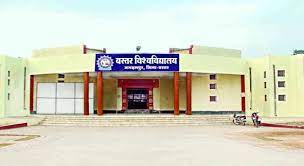
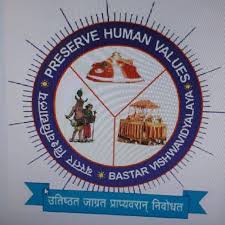

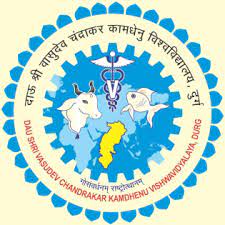
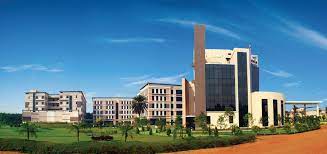
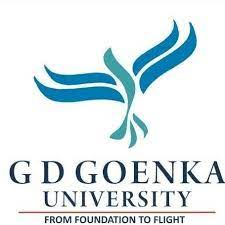
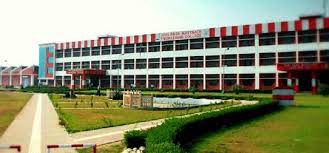
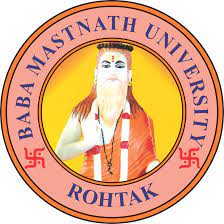
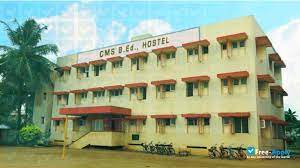
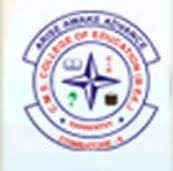
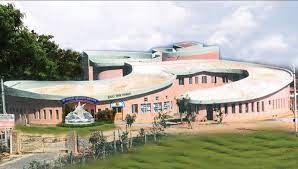
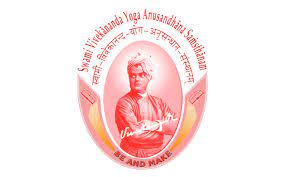
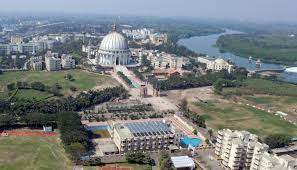
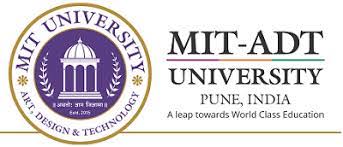
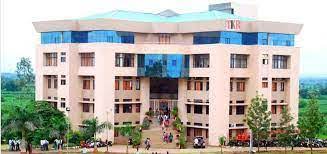
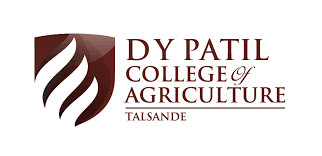
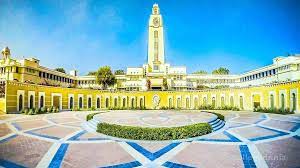
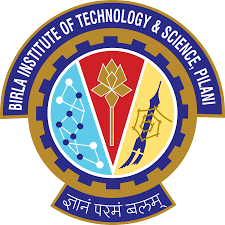
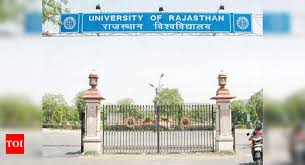
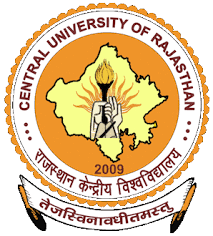
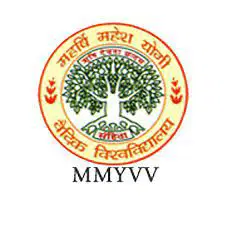
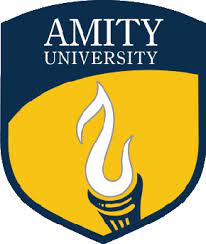


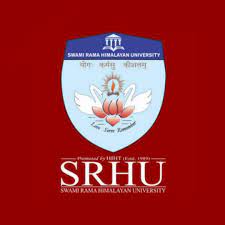

 back
back